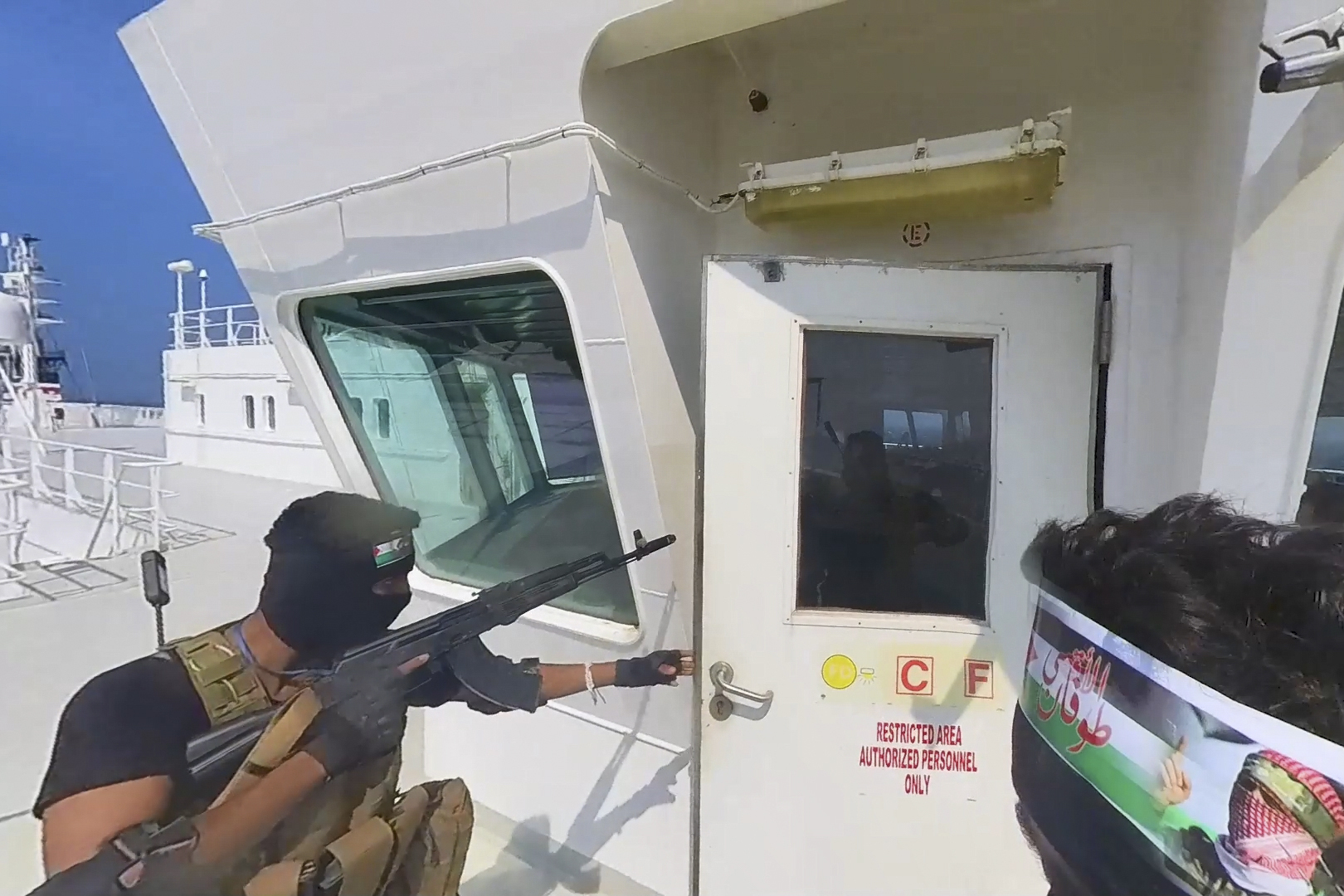
Have the Houthi Red Sea attacks hurt Israel’s economy?
Al Jazeera
Most of Israel’s trade is through the Mediterranean. But longer-term risks to Israel’s economy are growing, saw analysts
Tensions in the Red Sea have extended to Yemeni land after the United States and the United Kingdom led bombings against multiple sites controlled by the Houthi armed group on Thursday night.
The Houthis have carried out dozens of attacks on commercial vessels that they say are linked to Israel, and that were passing through the 30km (20-mile) wide Bab-el-Mandeb strait. They demand that Israel stop the bombardment of Gaza and allow humanitarian aid.
A US-led coalition is trying to deter the Houthis by positioning destroyers and other military platforms in the Red Sea and by shooting down the Yemeni group’s missiles and drones. But the Houthis have been clear that they have no intentions of stopping until Israel ends its war, which has killed nearly 24,000 Palestinians.
Traffic through the Red Sea is down by more than 40 percent disrupting global supply chains. Some of the world’s largest shipping operators have redirected their vessels around the Cape of Good Hope on the southern tip of Africa, delaying delivery times and adding a further 3,000-3,500 nautical miles (6,000km) to their route.
But just how much have the Houthi attacks impacted Israel’s economy itself? And how are they affecting global trade?
